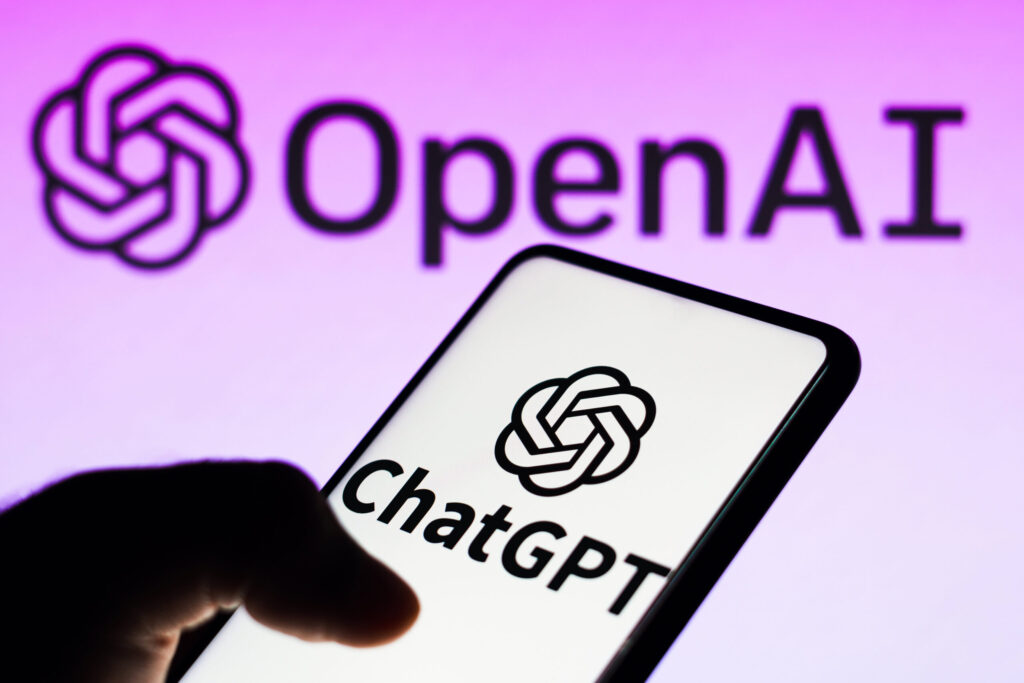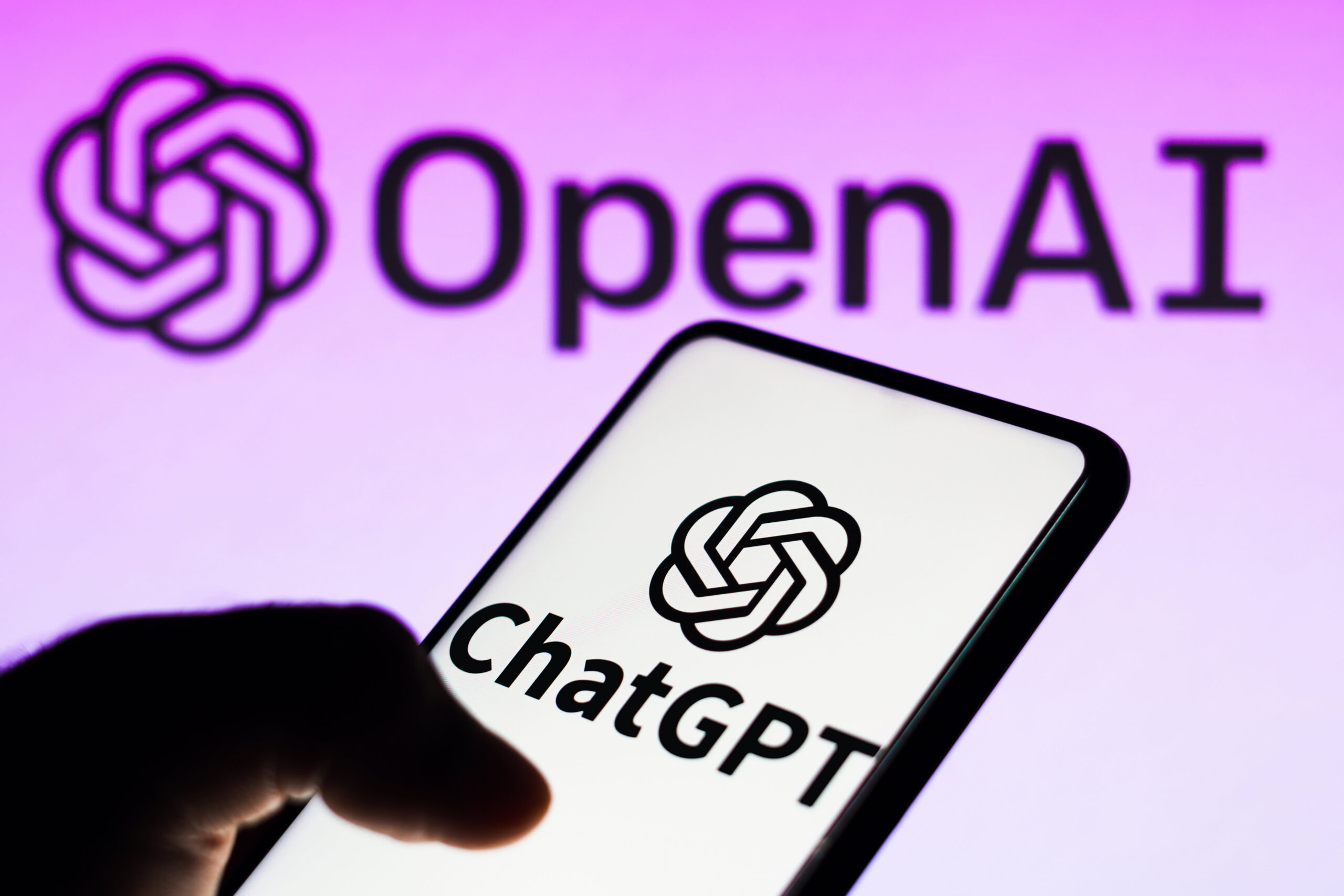OpenAI introduces its “Voice Engine”, a new tool designed to clone voices. However, access to the tool is currently limited as OpenAI ensures responsible usage.

Voice Engine utilizes a generative AI model, which has been in development for approximately two years. This model powers various features, including ChatGPT’s voice and “read aloud” capabilities, and preset voices in OpenAI’s text-to-speech API.
While the training data sources for Voice Engine remain undisclosed, OpenAI emphasizes its commitment to ethical use and responsible deployment of the technology. The company also addresses concerns related to intellectual property and data privacy.
Voice Engine generates synthetic voices from short audio samples and text inputs, offering high-quality speech output. The tool’s pricing model aims for affordability, catering to various user needs.
As Voice Engine enters the market, questions arise regarding its impact on voice talent and the broader implications for the industry. OpenAI acknowledges these concerns and aims to navigate potential challenges responsibly.
“We recognize that generating speech that resembles people’s voices has serious risks, which are especially top of mind in an election year,” the Ai giant said.
“We are engaging with U.S. and international partners from across government, media, entertainment, education, civil society and beyond to ensure we are incorporating their feedback as we build.”
Looking ahead, OpenAI plans to expand Voice Engine’s availability while prioritizing safety and ethical considerations. The company remains vigilant in monitoring and mitigating potential risks associated with misuse of the technology.

